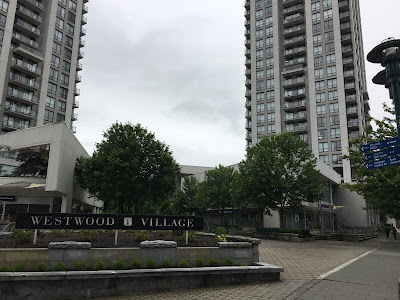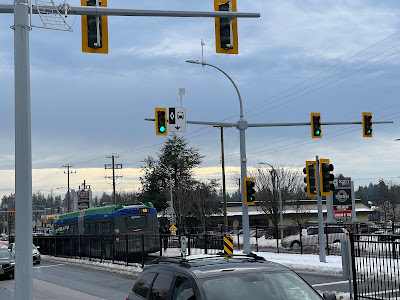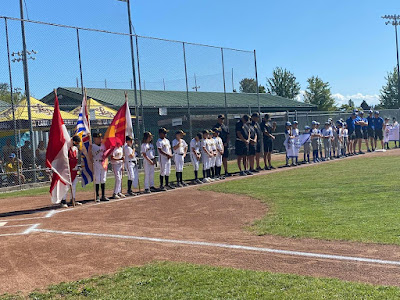The Metro Vancouver Regional District is the only regional district in BC with the delegated authority to regulate air quality. The Regional District Board has also approved various climate change reduction and mitigation policies, including Climate 2050, the regional district's overall vision for climate change adoption and reduction.
The overall goal is to reduce greenhouse gas emissions to 45% of the 2010 level by 2030, with the region becoming carbon neutral by 2050.
Buildings are responsible for about a quarter of our region's total greenhouse gas emissions. Drilling down further, buildings over 25,000 sq. ft. are responsible for about a third of those emissions. Put another way, Regional District staff found that about 9,000 buildings in our region cause 9% of the total greenhouse gas emissions. This number is significant.
Consistent with Climate 2050 policies, Metro Vancouver Regional District staff recommended applying a regulatory approach to reduce GHG emissions in these large buildings.
At a high level, the proposed policy would start with large building owners reporting their building's greenhouse gas emissions starting in 2026. The regional district would then set limits for greenhouse gas emissions that would come into force starting in 2028 and would slowly reduce to zero by 2045. Building owners would have to pay a per tonne charge for greenhouse gas emissions caused by fossil fuels over the set limit. Cooking-related emissions and buildings connected to district energy systems would be exempt.
At its January 26th meeting, the Metro Vancouver Regional District Board was asked to support this proposal approach in principle, directing Regional District staff to continue the development of the regulatory framework, including continuing engagement with large building owners.
My understanding is that after a debate, the Regional District Board, in a tight vote, decided against this policy approach.
Langley City's Director, Paul Albrecht, supported reducing emissions from large buildings. I also support the proposed regulatory approach.
I am disappointed that while the Regional District Board approved the bold Climate 2050 vision, it has elected to refrain from taking action within its jurisdiction. I hope there is a path forward, as reducing greenhouse gas emissions from large buildings will have a significant impact in helping our region meet its climate change mitigation goals.


















